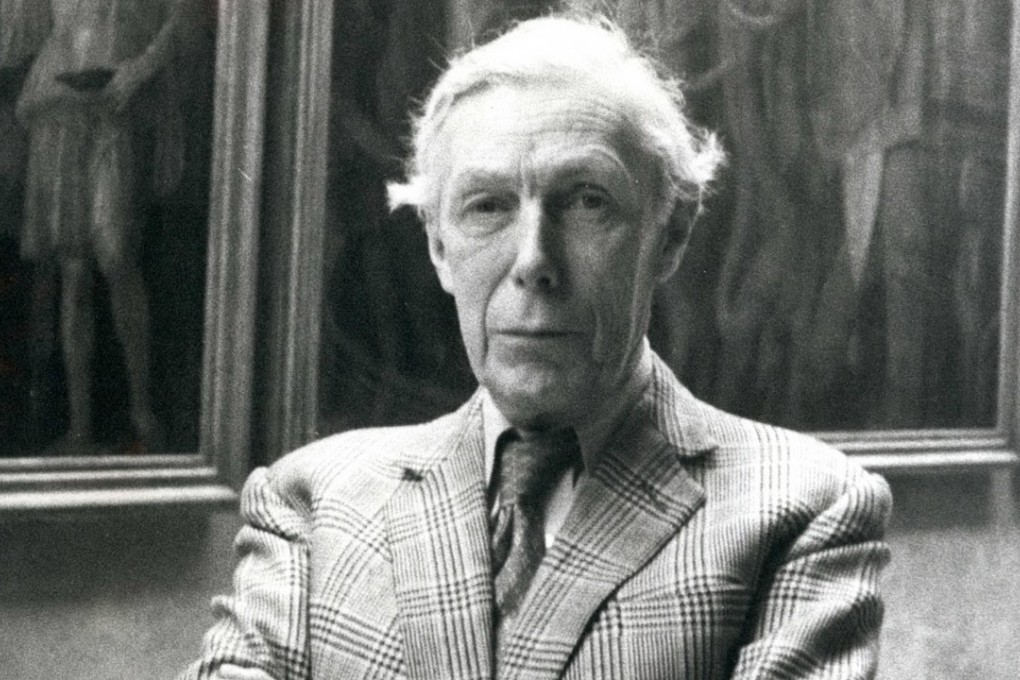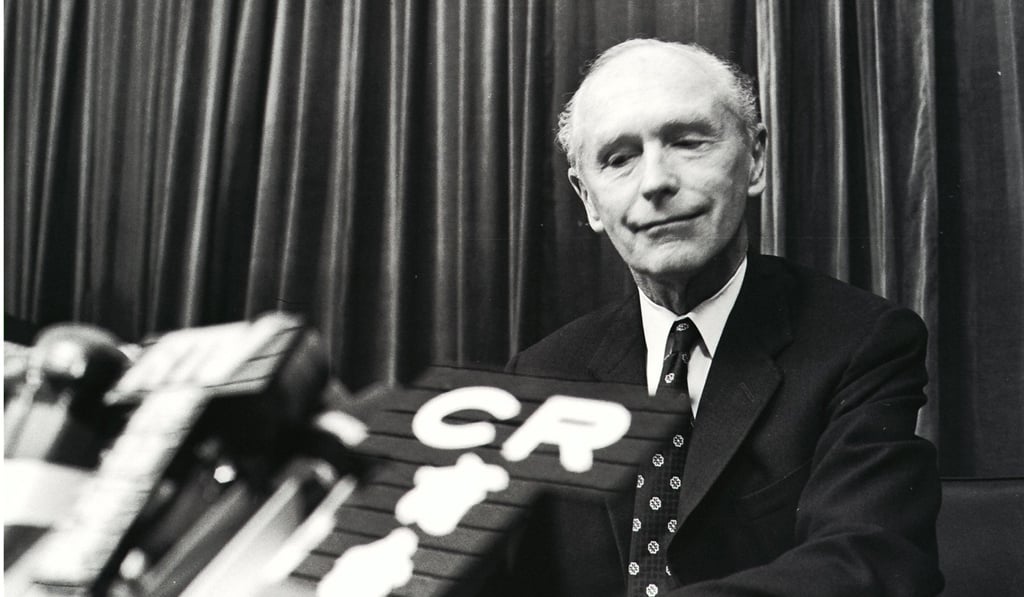Former UK PM Alec Douglas-Home was kept in dark about KGB spy Anthony Blunt so as ‘not to add to his burden’
Declassified 1979 documents describe why the treachery of Blunt, a former MI5 officer and aide to Queen Elizabeth, was kept quiet while the UK government was already reeling from the unmasking of the so-called ‘Cambridge Spy Ring’

Former UK prime minister Alec Douglas-Home wasn’t told that one of the queen’s aides had confessed to being a Soviet agent because his home secretary did not want to “add to his burden,” according newly released files.
The revelation is contained in previously secret documents released Tuesday at the National Archives in London. Other files deal with Margaret Thatcher’s habit of falling asleep in cars and the way her office prepared for the election of her successor.
In 1964, after years under suspicion, Anthony Blunt, a former officer for the Security Service MI5, confessed that he passed documents to the KGB during the war. By this time he was a leading art historian, looking after Queen Elizabeth’s collection in his role as Surveyor of the Queen’s Pictures.

The Palace was told about Blunt’s treachery, but was asked to keep him in place so as not to arouse suspicion. Home secretary Henry Brooke decided not to tell Douglas-Home. He may have wanted to avoid putting the prime minister in a position where he felt obliged to tell lawmakers from the opposition Labour Party about the scandal.
In my well-meant effort not to add to his burden I may, with hindsight, have exercised my discretion wrongly